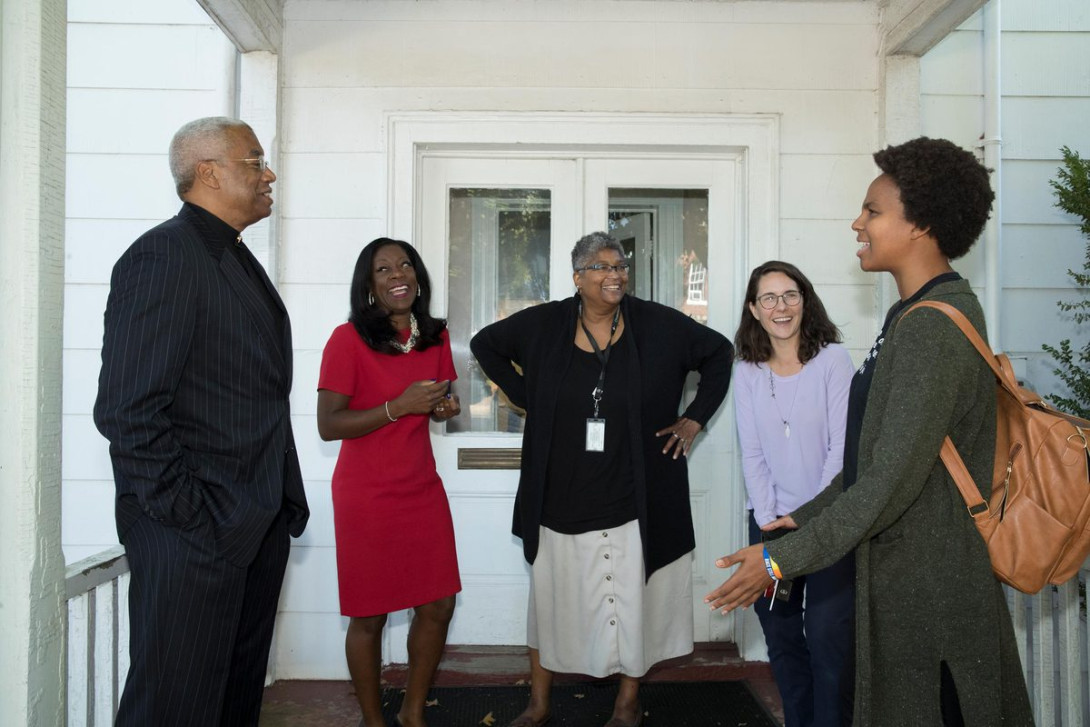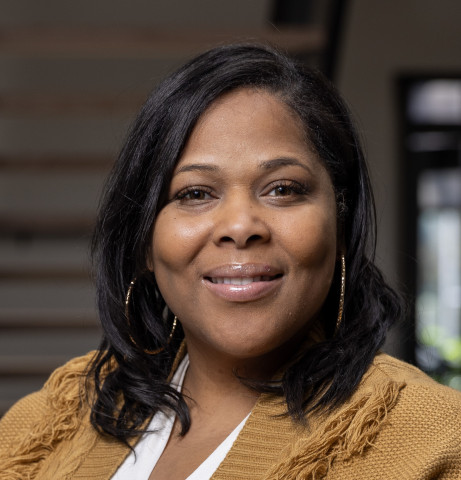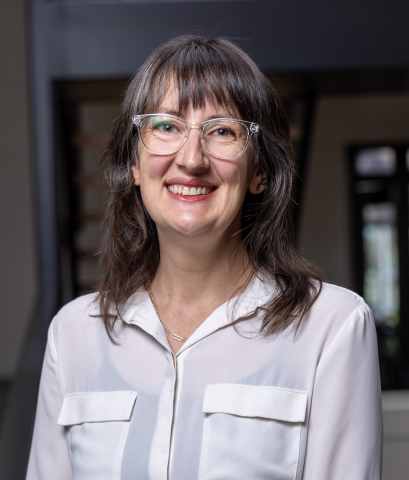
It is vitally important that universities structurally change the way that they operate to affect the lives of those around them.
The collaborative and multi-perspective orientation of community-engaged scholarship shifts the goals of research from simply producing “new knowledge” to a focus on mutually beneficial, action-oriented research for positive change. Community-engaged scholarship achieves a shift through the rebalancing of power dynamics regarding what knowledge is considered valuable, through the creation of new tools for data-rich advocacy, and through the building of capacity within the university and lay communities.
Our contribution to that effort will be to shift the paradigm for scholars to think differently about our own role in creating and using scientific knowledge to solve social problems.
As each faculty member endeavors into community identified goals, The Equity Center can be supportive in the following areas:
- Fellowship and Cohort Building
- Help facilitate meetings and retreats for faculty who are engaged in equity work
- Provide free meeting spaces in The Center for Community Partnerships
- Identification of Community Goals
- Thought partnership on connecting to different community driven initiatives or goals
- Coordinate guest speakers for classes and ensuring they are paid an honorarium for their time
- Community-Engagement Toolkits
Our Community Research team is developing toolkits and white papers to share best practices and guidelines for Community-Engaged Scholarship, examples include:
- How to create and facilitate power sharing - Community Advisory Councils and Wisdom Councils
- Creating a Community-Engagement Plan
- Communications Plans
- Best Practices in Survey Design
- Honorarium Guide
- Workshops
We can create and facilitate workshops depending on your specific needs. Previous topics have included:
- Best practices for faculty and staff in community-engaged research
- Best practices for faculty in community-engaged curricula
- Best practices for students in community-engagement and community service
- Citizen Participation – assessing your current standing and how to move from extractive to more equitable practices
- Based on Sherry Arnstein’s A Ladder of Citizen Participation
- Consulting
With adequate time, our team can help develop your community-engaged research plan. Engage with our team on:
- Needs assessments
- Survey design
- Data collection and analysis
- Interview and focus group protocols
- Site visit protocols
- Communications planning
- Reviewing MOUs and other partnership documents
- Grant Writing
- Letters of support
- Collaborative grant writing and review
- Post-Award and Project Administration
Sponsored programs submitted through The Equity Center can receive post-award support including:
- Hiring students
- Budget management and reconciliation
- Facilitation of payments to community partners in alignment with our Honorarium Guide
- Grant report submission
- Communications
- Hosting work on The Equity Center website
- Highlight work community-engaged work through social media accounts
- Support with building communications plans
- Local Youth Partnership
- Connect your youth-serving programming with Starr Hill Pathways
- Contribute to the Starr Hill Pathways research agenda
- Connection with Residents for Respectful Research (R3)
This community-led companion to the Institutional Review Board for the Social and Behavioral Sciences is organized by PHAR – the Public Housing Association of Residents. R3 is a board of CITI trained public housing residents who can review comment on proposed research protocols, ensuring that the research plan isn’t extractive and instead can be of benefit to the local community.




